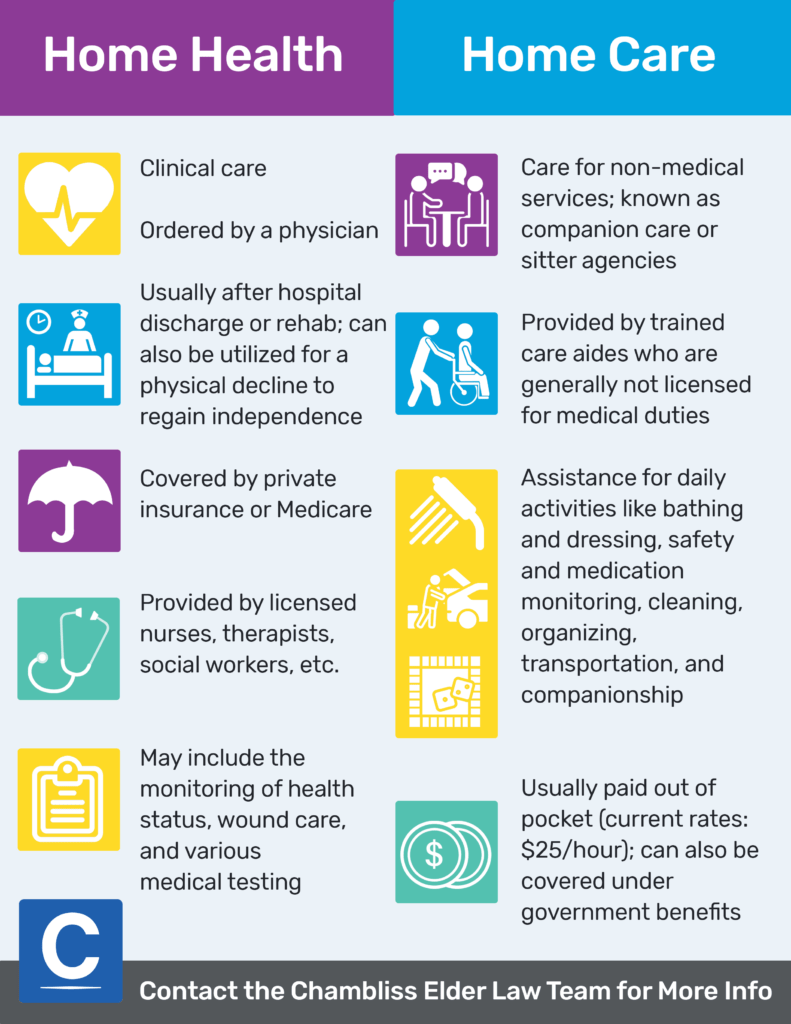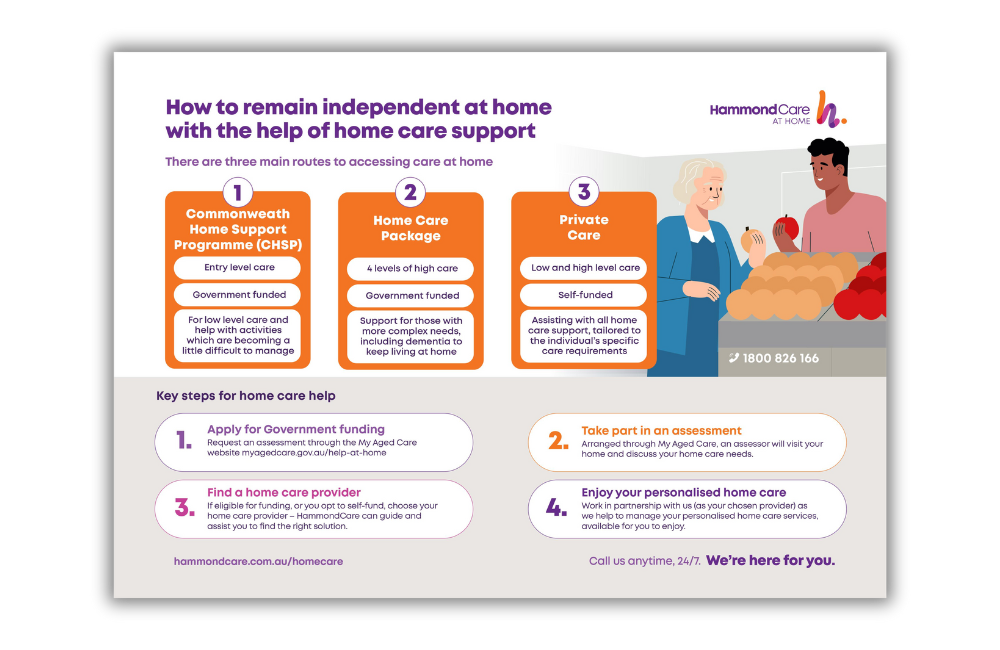Unexpected gains of quality support at home
Unexpected gains of quality support at home
Blog Article
Everything About Home Care Services for People With Disabilities: NDIS Registered Support
Home treatment services under the NDIS play a critical duty in sustaining people with specials needs. These solutions are created to improve everyday living through tailored support, ranging from individual care to wheelchair assistance. Understanding exactly how to browse these alternatives can be intricate. This introduction explores the different elements of NDIS home care, from offered services to the selection of companies, highlighting necessary factors to consider for those looking for support. The journey towards equipped care starts here.
Understanding the NDIS and Its Function
The National Special Needs Insurance Coverage Plan (NDIS) serves as a transformative structure made to give support and services for people with specials needs. Established to boost the lifestyle and assurance equitable access to vital resources, the NDIS encourages participants by using personalized plans customized to their one-of-a-kind demands. It intends to cultivate independence, enabling individuals to pursue their personal goals and aspirations.Through an organized method, the NDIS designates financing for numerous supports, consisting of education and learning, work support, and neighborhood involvement. This comprehensive system not only concentrates on immediate care yet likewise stresses lasting developmental end results. By advertising choice and control, the NDIS urges individuals to choose their favored provider, assuring that treatment lines up with their values and choices. Eventually, the NDIS represents a considerable commitment to enhancing the lives of people with handicaps, cultivating inclusivity, and building a more supportive society.
Sorts Of Home Care Provider Available
Numerous sorts of home treatment solutions satisfy individuals with handicaps, primarily focusing on personal care help and respite treatment options. Personal care aid offers vital support with everyday activities, while respite care uses short-term relief for primary caregivers. Comprehending these services is important for making sure the wellness of both people with impairments and their family members.
Personal Treatment Aid
While maneuvering day-to-day live can offer difficulties for people with handicaps, personal treatment help uses important assistance tailored to their unique demands. This sort of home care solution encompasses a range of activities created to advertise self-reliance and improve quality of life. Personal treatment aides help with day-to-day tasks such as showering, dressing, brushing, and toileting, guaranteeing people maintain individual hygiene and comfort. They may likewise aid with meal preparation, medication monitoring, and flexibility support. By offering customized treatment, these specialists equip individuals to involve even more fully in their everyday regimens and social activities. Overall, personal treatment assistance plays a considerable function in fostering self-respect and freedom for those with disabilities, enabling them to flourish in their home environment.
Respite Treatment Options
Respite treatment functions as a crucial resource for households and caregivers of individuals with impairments, supplying momentary relief from the demands of daily caregiving. This kind of service can take various types, consisting of in-home respite treatment, where skilled specialists visit the home to assist with care jobs. Families might opt for facility-based reprieve care, where people obtain care in a specific atmosphere, allowing caregivers to take a break. Additionally, some companies offer emergency situation reprieve services for unexpected situations. These options not only assist minimize caretaker stress and anxiety but likewise promote the well-being of individuals with disabilities by supplying them brand-new experiences and social interaction. Overall, respite care plays a critical duty in supporting both caretakers and those they look after.

Just How to Access NDIS Home Care Solutions
Accessing NDIS home care solutions entails understanding the qualification standards set forth by the National Impairment Insurance Coverage Plan. Individuals need to browse an organized application process to secure the needed support customized to their needs. This section will make clear both the qualification demands and the steps involved in obtaining solutions.
Eligibility Requirements Explained
To certify for NDIS home care solutions, people should satisfy details qualification requirements that examine their conditions and requirements. First, candidates should be matured in between 7 and 65 years and have a considerable and permanent disability that impacts their capacity to execute everyday tasks. In addition, they have to be an Australian person, an irreversible citizen, or hold a Protected Special Category Visa. The NDIS calls for proof of the handicap, generally with clinical analyses or reports. People need to show that they need support to participate in economic and social life. These criteria assure that solutions are guided in the direction of those that truly require assistance, promoting self-reliance and boosted top quality of life for individuals with handicaps.
Application Refine Actions
Can I Pick My Own Support Employees With NDIS?
The private made inquiries whether they could pick their very own assistance employees under the NDIS structure. Generally, participants have the flexibility to select support workers, fostering personalized treatment that lines up with their details demands and preferences.
What Happens if My Requirements Change After Obtaining Support?
If a person's needs change after receiving support, they must communicate these modifications to their provider. Modifications can be made to the treatment strategy, making sure that the support continues to be appropriate and effective for their scenarios.

Exist Restricts on Just How Many Hours of Care I Can Receive?
The specific asked about prospective limits on the variety of care hours obtained. Normally, such restrictions might exist based upon specific policies or moneying arrangements, emphasizing the significance of assessing standards and arrangements frequently.
Can I Make Use Of NDIS Funding for Home Alterations?
The inquiry of making use of financing for home adjustments occurs frequently. Generally, people may make use of NDIS funding for required modifications to their homes, making certain availability and safety and security, set upon conference details eligibility criteria and guidelines.
How Do I Deal with Grievances Concerning My Home Treatment Providers?
To deal with grievances regarding home care solutions, people need to first document their issues. They can communicate straight with their service provider, seeking resolution, or rise the problem to relevant oversight bodies click site if essential. Home care solutions under the Find Out More NDIS play an essential role in sustaining people with impairments. Different kinds of home treatment services cater to individuals with disabilities, mostly concentrating on personal treatment support and break care alternatives. home care providers. Personal care help supplies necessary assistance with daily tasks, while reprieve care provides temporary relief for primary caretakers. Family members may decide for facility-based reprieve treatment, where people obtain treatment in a specific atmosphere, permitting caregivers to take a break. Just how can families efficiently take care of the monetary facets of home treatment services for people with specials needs?
Report this page